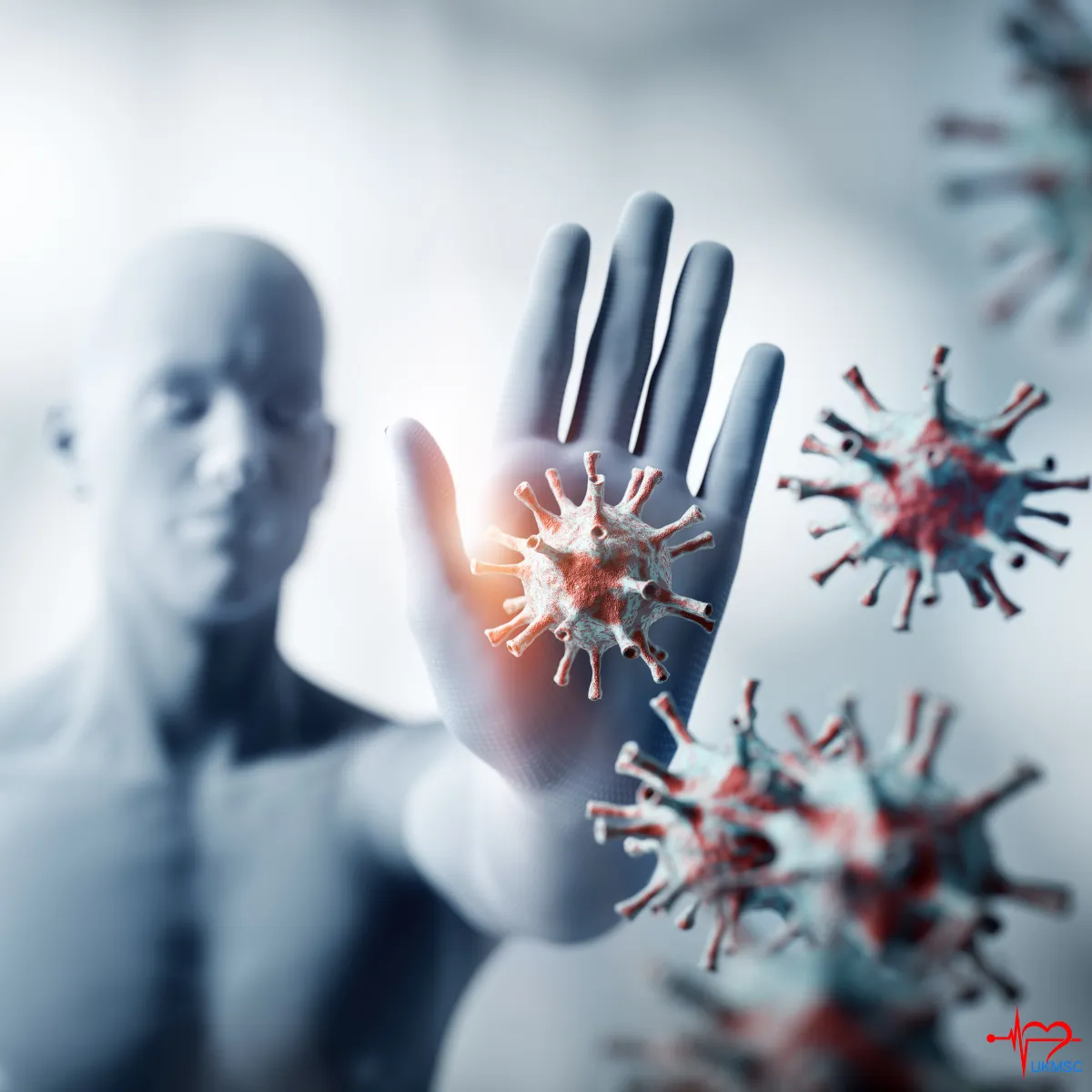
Advances in Cancer Detection and Treatment: UK Healthcare Leading the Way
The landscape of cancer care in the United Kingdom has undergone a remarkable transformation, marked by significant advances in both detection methods and treatment approaches. Recent data shows an unprecedented increase in cancer screening participation, with nearly half a million more patients receiving cancer checks between March 2021 and October 2022 compared to pre-pandemic levels. This surge in screenings, representing 546,890 additional referrals, demonstrates the healthcare system's resilience and commitment to improving cancer outcomes.
Early Detection Technologies and Approaches

Advanced Screening Methods
The implementation of Faecal Immunochemical Testing (FIT) has revolutionized bowel cancer detection, introducing a more sophisticated and patient-friendly approach to screening. This non-invasive method has become a cornerstone of primary care assessment, supported by the latest NICE guidance released in August 2023 and the British Society of Gastroenterology recommendations.
Key benefits of FIT implementation include:
More accurate risk assessment
Reduced need for unnecessary invasive procedures
Better utilization of colonoscopy resources
Improved patient experience and compliance
Faster referral pathway decisions
Innovative Lung Cancer Detection Program
The targeted lung health check program represents a pioneering approach to early lung cancer detection, particularly focusing on high-risk populations. This innovative program has achieved remarkable outcomes:
Successfully established in 42 strategic locations nationwide
Diagnosed over 1,500 cancer cases with unprecedented early-stage detection rates
Achieved 76% early-stage diagnosis (stages 1 and 2)
Implemented virtual consultations during the pandemic
Created a specialized pathway for individuals aged 55-74 with smoking history
The program's comprehensive approach includes:
Initial health assessment with detailed medical history
Advanced low-dose CT scanning when indicated
Ongoing monitoring and follow-up care
Integrated smoking cessation support
Personalized risk assessment and management
Progressive Liver Cancer Monitoring
In response to the alarming 50% increase in liver cancer cases over the past decade, the healthcare system has developed a multi-faceted approach to detection and monitoring. This comprehensive strategy includes:
Community-Based Initiatives:
Mobile fibroscan units for accessible screening
Local awareness campaigns
Community health worker engagement
Targeted outreach to high-risk populations
Clinical Advances:
State-of-the-art imaging technology
Advanced blood-based biomarker testing
Risk stratification protocols
Enhanced surveillance programs
Treatment and Care Excellence
Strengthened Healthcare Workforce
The system has made substantial investments in building a robust cancer care workforce:
Professional Development:
Addition of 5,700+ full-time specialists since 2016
£81 million investment in specialized training programs
Continuous professional development opportunities
Cross-disciplinary training initiatives
Expanded Expertise Across Specialties:
Clinical and medical oncology
Diagnostic and therapeutic radiography
Histopathology
Specialized nursing care
Support services and patient care coordination
Integrated Care Approach
Modern cancer treatment pathways now incorporate:
Multidisciplinary Coordination:
Regular team meetings for case review
Collaborative treatment planning
Integrated care protocols
Cross-specialty consultation
Patient-Centered Care:
Personalized treatment plans
Psychological support services
Nutritional guidance
Rehabilitation programs
Long-term follow-up care
Comprehensive Screening Services
The UK Medicare screening clinic enhances the cancer care ecosystem by offering:
Specialized cancer screening facility with state-of-the-art equipment
Quick-access diagnostic services for expedited assessment
Regular monitoring programs for high-risk individuals
Integrated referral pathway connecting with specialist care
Collaborative care coordination with primary healthcare providers
This clinic serves as a crucial component in the broader healthcare network, providing essential screening capacity and specialized expertise, particularly in areas with significant demand.
Technology and Innovation
Recent technological advances have revolutionized cancer care:
Diagnostic Technologies:
Artificial Intelligence-assisted imaging analysis
Advanced molecular diagnostics
Next-generation sequencing
Liquid biopsy capabilities
Precision medicine approaches
Treatment Innovations:
Targeted therapy developments
Immunotherapy advances
Minimally invasive surgical techniques
Advanced radiation therapy methods
Personalized medicine protocols
Future of Cancer Care
The UK healthcare system maintains its ambitious goal of diagnosing 75% of cancers at stages I or II by 2028. This vision is supported by:
Strategic Initiatives:
Cancer Alliances for coordinated regional care
Primary Care Networks enhancing local access
Advanced screening technology implementation
Community outreach programs
Integrated treatment pathways
The combined effort of these comprehensive programs, supported by continued investment in technology and workforce development, positions the UK at the forefront of cancer care innovation. The integration of early detection programs with advanced treatment options creates a robust framework for improving cancer outcomes across the population.
Source: NHS England Cancer Programme - Early Diagnosis (https://www.england.nhs.uk/cancer/early-diagnosis/)